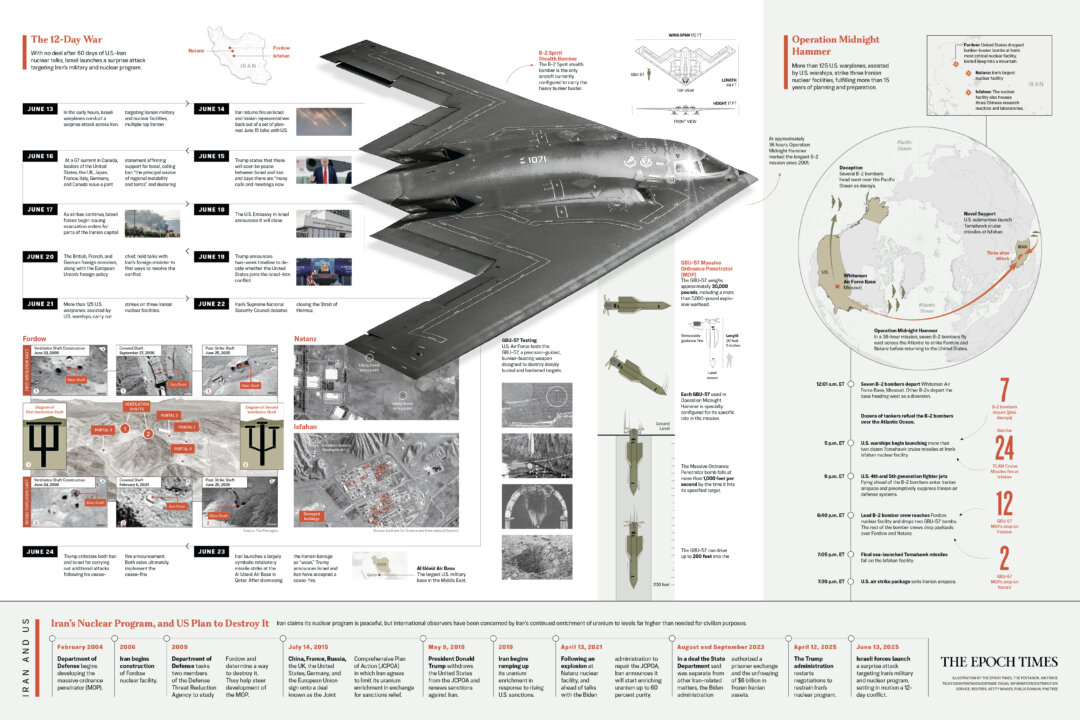The Middle East stands at a critical geopolitical crossroads, with the United States and Israel grappling with profound strategic questions regarding Iran’s future trajectory. In the wake of recent, significant military exchanges—including coordinated U.S. and Israeli strikes on Iranian facilities vital to its nuclear weapons development program, met by Iranian retaliations targeting Israeli interests and the U.S.’s Al Udeid base in Qatar—the central dilemma confronting Washington, heavily influenced by Tel Aviv, is whether to pursue a definitive push for regime change in Tehran or confront a renewed acceleration of Iran’s nuclear program. This precarious situation is further complicated by the current U.S. administration’s unilateral withdrawal from the 2015 Joint Comprehensive Plan of Action (JCPOA), colloquially known as the Iran nuclear deal, which had previously sought to curtail Iran’s nuclear ambitions in exchange for sanctions relief.
The recent escalation underscores the volatile balance of power in the region. The targeted strikes by the U.S. and Israel were clearly aimed at disrupting Iran’s capabilities, particularly those linked to its sensitive nuclear program, signaling a firm stance against proliferation. However, Iran’s rapid and calculated responses demonstrate its capacity for retaliation and its resolve to defend its strategic assets and regional influence. These tit-for-tat exchanges amplify the urgency of the strategic decisions facing global powers, forcing a re-evaluation of the efficacy of current US foreign policy approaches towards the Islamic Republic and the broader security architecture of the Middle East.
For many strategists within the U.S. and Israel, the idea of a “final push” for regime change in Iran has gained traction. Proponents argue that the current Iranian government is inherently destabilizing, both regionally and globally, due to its support for proxy groups, human rights record, and persistent pursuit of advanced military capabilities, including its nuclear program. They believe that a fundamental shift in leadership could pave the way for a more stable and cooperative Iran, alleviating long-standing security concerns in the Middle East and potentially fostering a new era of regional dynamics. This perspective often suggests that economic pressure and covert actions alone are insufficient to alter Tehran’s strategic calculus.
Conversely, the alternative path presents a stark challenge: a potential acceleration of Iran’s nuclear weapon development. Without the constraints of the JCPOA, and perceiving an existential threat from external pressures, Tehran could opt to rapidly advance its nuclear capabilities, including uranium enrichment and missile technology. This scenario would dramatically heighten proliferation risks in an already volatile Middle East, potentially triggering a regional arms race and forcing a more aggressive posture from countries like Saudi Arabia and other Gulf states. The implications for international non-proliferation efforts would be profound, setting a dangerous precedent for global security and further complicating diplomatic solutions.
The strategic implications of either path are immense, affecting not only the immediate security of Israel and U.S. interests but also the broader stability of the Middle East and global geopolitics. A direct intervention aimed at regime change carries the risk of unforeseen consequences, including prolonged conflict, humanitarian crises, and further regional destabilization. Similarly, allowing Iran to proceed unhindered with its nuclear program presents an unacceptable security threat, challenging the core tenets of US foreign policy in the region. The interplay between international diplomacy, domestic political pressures within all three nations, and the ever-present threat of military confrontation creates an incredibly complex and high-stakes environment.
Ultimately, the decisions made by Washington and Tel Aviv in the coming months will shape the geopolitical landscape for decades. The choice between a resolute push for internal political transformation in Iran and confronting an unconstrained nuclear ambition is not merely tactical; it is a fundamental strategic dilemma with far-reaching consequences. Navigating this intricate web of security concerns, historical grievances, and future aspirations will require astute diplomatic skill, robust intelligence, and a clear understanding of the profound risks and opportunities that lie ahead for the Middle East and international relations.
Discover more from The Time News
Subscribe to get the latest posts sent to your email.






